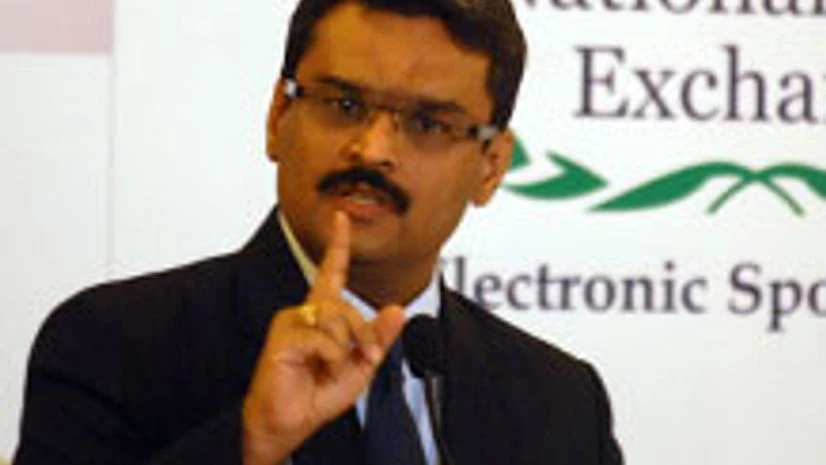Several top stock brokers were selling the National Spot Exchange Ltd’s (NSEL’s) pair contracts as “100 per cent risk-free investment products” to high net worth investors (HNIs). These brokers even put up detailed charts on the returns that could be made by buying these products.
One instance is from an investor presentation dated May 2012 prepared by Ventura Securities, which listed several key positives, such as guaranteed return of 11-15 per cent “pre-tax returns annualised”. Also, “Short-term trade cycle can give around eight-nine iterations p.a, providing compounding effect on returns.”
Ventura also told potential clients there was no requirement of a demat account and there would not be any “daily mark-to-market (meaning, revaluing of assets at current value) as the trades are executed at a fixed price”. In a detailed chart, Ventura explains how the client can make a net profit of Rs 14,715 on an investment of Rs 7.68 lakh over a period of 44 days, by buying and selling castor seed contracts simultaneously. A senior official of Ventura Securities said several crores of rupees of client money was stuck. “My own investments are there. We are hoping for settlement. Looks like it will take some weeks,” he added.
More From This Section
Brokers would have to execute hundreds of stock trades to earn that kind of money, Shenoy added. The annual average brokerage per client is Rs 8,000-10,000 according to estimates.
The game was largely targeted at HNIs, as the investment threshold referred to in the presentation was Rs 3-8 lakh, According to the recent Securities and Exchange Board of India definition for Initial Public Offers, investors investing up to Rs 2 lakh are categorised as retail investors.
A similar presentation made by Anand Rathi is also floating around. Business Standard had last week reported that a fifth of the Rs 5,500 crore locked in the NSEL debacle belongs to the clients of four large brokerages — India Infoline (Rs 250 crore), Motilal Oswal Financial Services (Rs 250 crore), Anand Rathi (Rs 300 crore) and Geojit Comtrade (Rs 300 crore).
“Everything that seems 100 per cent risk-free will work beautifully until that one day when there is 100 per cent risk,” Shenoy said in his post on capitalmind.in
Brokers are wailing as that feared 100 per cent risk they’d ruled out has arrived. M C B Prasad Rao, president of the Association of National Exchanges Members of India, said in a statement, “Day-by-day reports are coming that are indicating that the crisis is elevating. 220-odd members of NSEL have been affected due to this.” He said there was no information on how many had been affected but the estimates are 10,000 to 20,000. He is not ruling out the possibility that brokers got stuck by trading in their proprietary positions. Rao has called for an audit of the stocks and valuation in NSEL’s warehouses by the Forward Markets Commission and other central agencies.
SELLING TROUBLE
- Brokers sold NSEL contracts as investment products
- They promised all risks were covered by insurance policies
- Clients were wooed by decent return promises in bearish market
- Brokers made double brokerage on these trades
- Brokers now demand audit of warehouses

)
